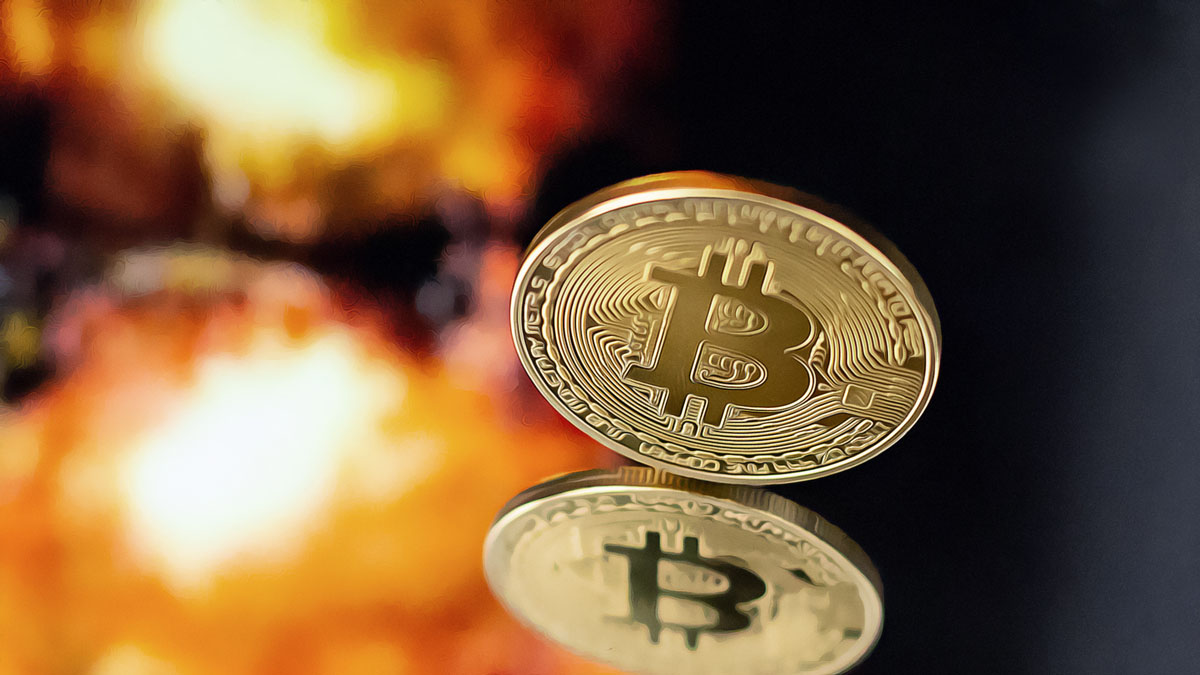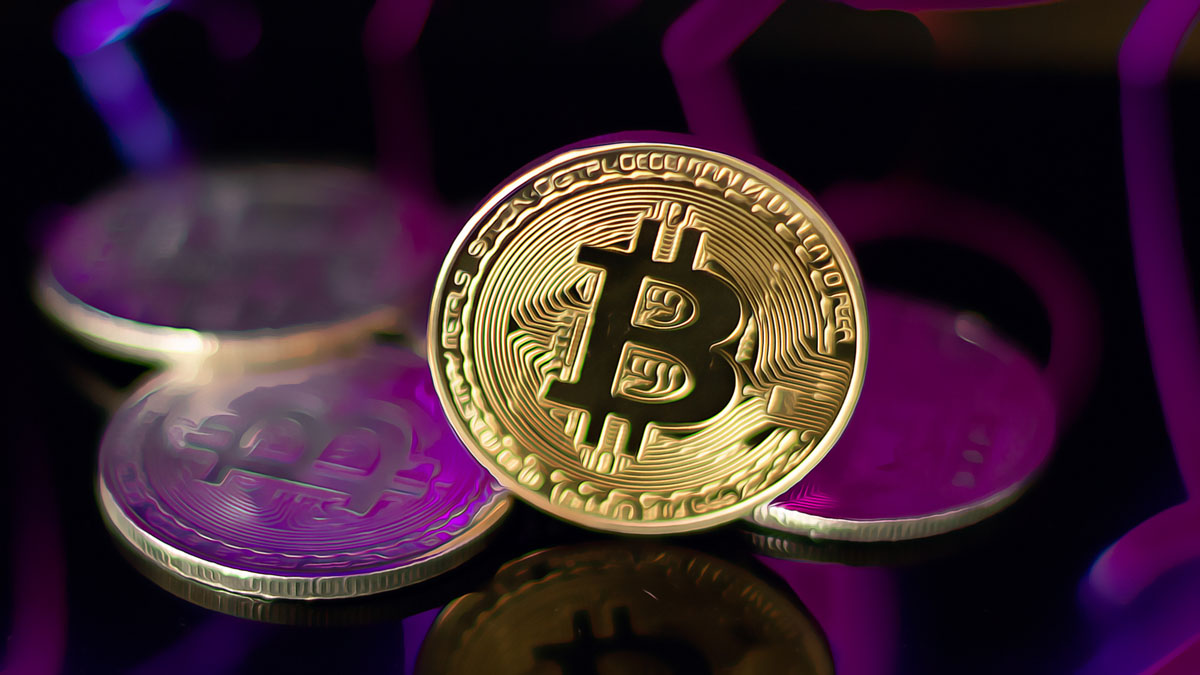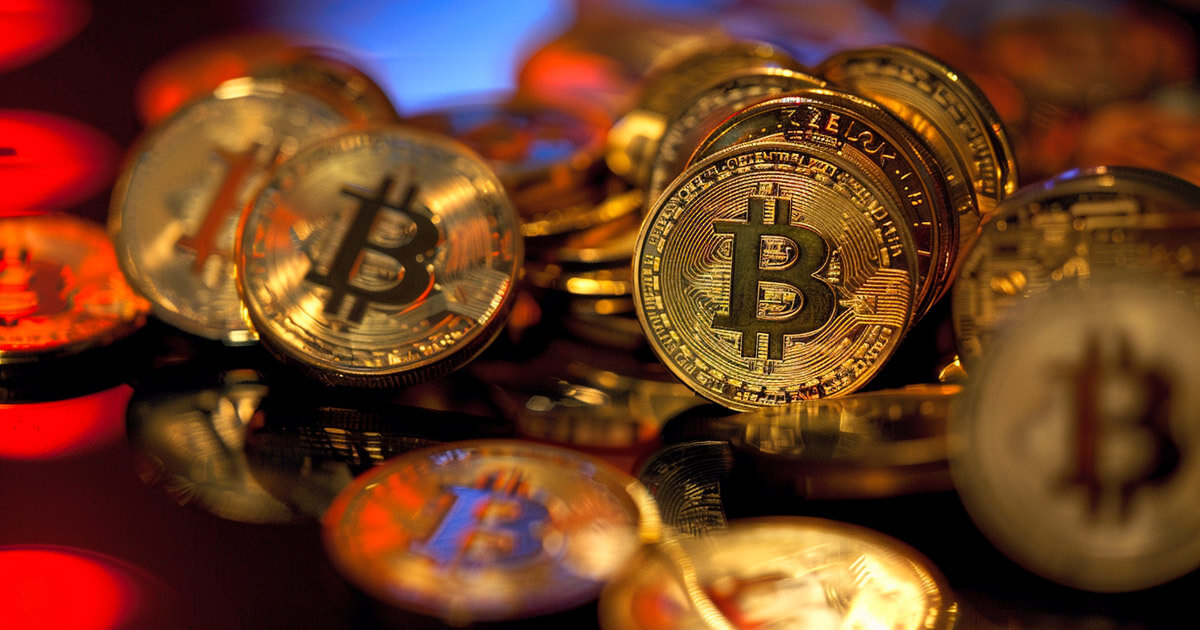In a recent cybersecurity event, the X account of Near Protocol, a prominent altcoin, has been compromised. PeckShieldAlert, a notable security firm, disclosed the breach, warning that the account might now be utilized to spread misleading information or harmful links. Users are urged to exercise caution, especially when interacting with unexpected posts or clicking on links shared via this account.
Details of the Hack
The incident was flagged when unusual activities were detected on the X account associated with Near Protocol. It is common for hackers to target such accounts given their large followings and significant interactive activities. The breach not only exposes users to potential scams but also poses a threat to their crypto assets.
Impact on Near Protocol’s Value?
Following the hack, the Near Protocol saw its unit price listed at $7.27, which might fluctuate due to market reactions to the security breach. Investors and market watchers are keeping a close eye on the situation, analyzing the possible long-term implications on the altcoin’s valuation and reputation.
Key Insights for Users
- Verify the source of any information claiming to originate from Near Protocol’s X account.
- Avoid engaging with or clicking on links from suspicious or unexpected communications.
- Monitor Near Protocol’s official channels for updates and guidance on securing assets.
In conclusion, the hacking of Near Protocol’s X account serves as a reminder of the persistent threats in the digital currency landscape. Users are advised to remain vigilant and stay informed about best practices for digital security to safeguard their investments. The immediate response from the community and ongoing investigations will provide further clarity on the breach and its impact on Near Protocol’s market position.
Disclaimer: The information contained in this article does not constitute investment advice. Investors should be aware that cryptocurrencies carry high volatility and therefore risk, and should conduct their own research.

















 English (US)
English (US)